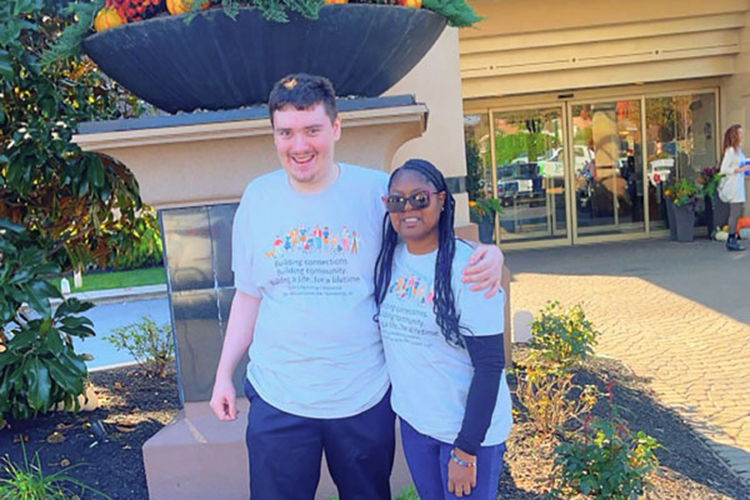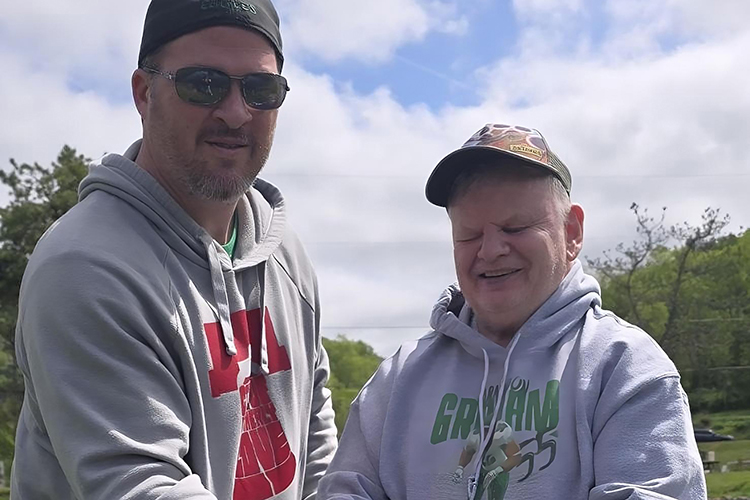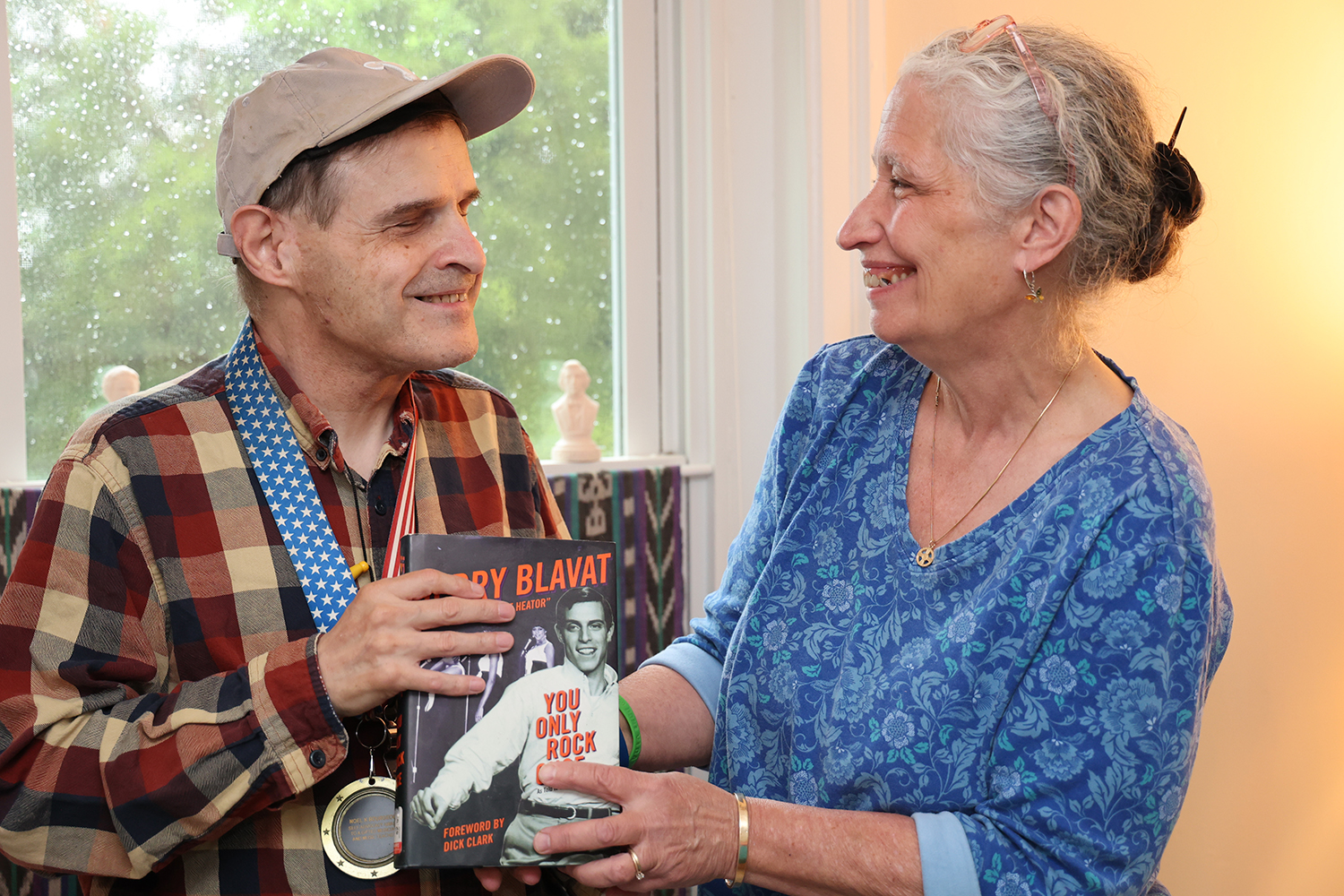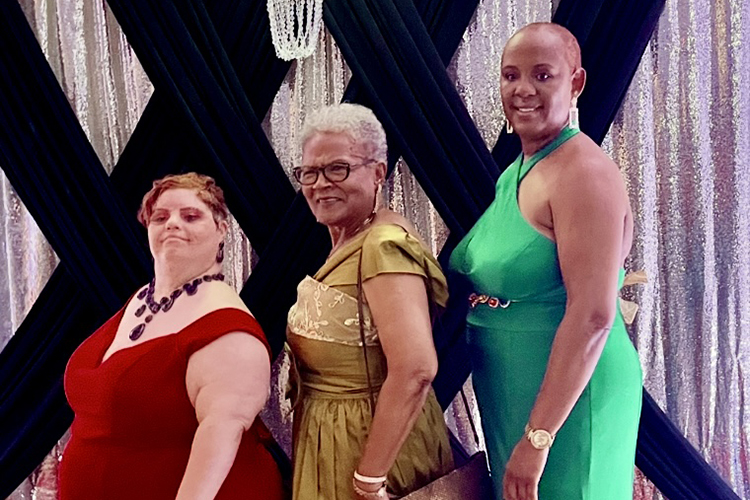Common Misconceptions about Lifesharing
Misconception: Lifesharing is only for individuals who are independent.
Reality: Lifesharing is a residential option for all adults with special needs. Individuals in Lifesharing often become more independent.
Misconception: Individuals with challenging behaviors cannot be supported through Lifesharing.
Reality: Behavior Support Services are available to assist individuals who are facing behavioral challenges.
Misconception: Individuals who require 24-hour supervision cannot be supported in Lifesharing.
Reality: Many individuals requiring 24-hour supervision thrive in supportive and caring Lifesharing homes. Day-programs and respite care are available during those times when the Lifesharing provider is not.
Misconception: Individuals who use a wheelchair cannot be supported through Lifesharing Services.
Reality: Homes can be modified to meet the individual’s needs and there are Lifesharing households willing to support someone who needs that level of care.
Misconception: Lifesharing is somehow less safe than community homes.
Reality: Lifesharing would not be a service approved for federal Medicaid funding if it did not meet the health and safety needs of waiver recipients.
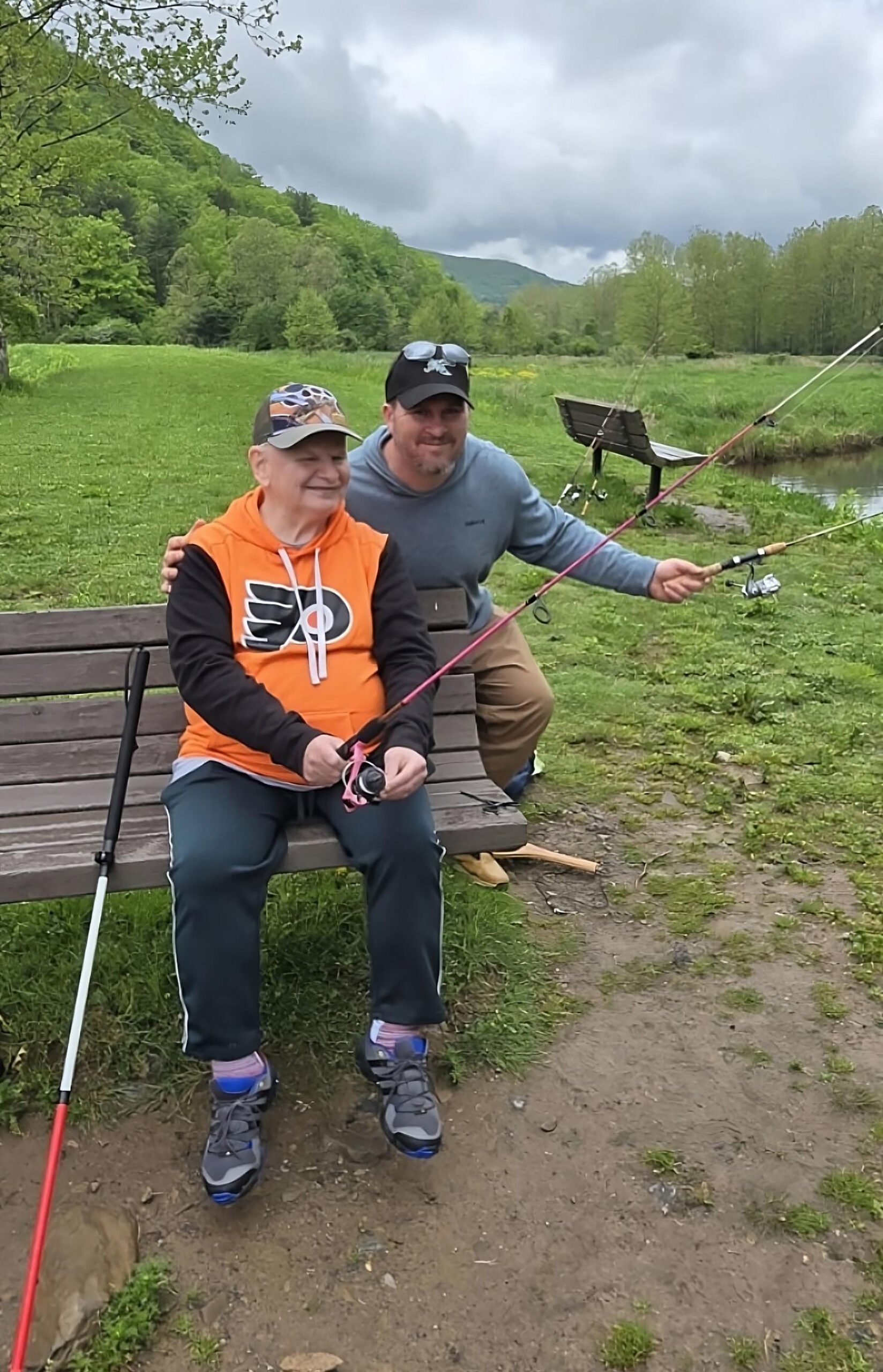
“Even having worked with people who have intellectual disabilities for many years, I never knew that I would become a Lifesharing parent. Victoria is a fun-loving lady. She is hardworking, funny, and is always smiling. Victoria loves my family, and she loves our church. My life has changed for the better with Victoria around. I just like to see her living a great life, as she keeps a smile on my face.”


